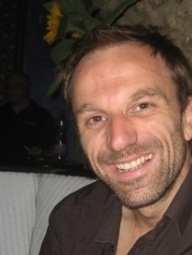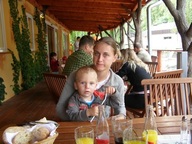Working Villages International
Working Villages International addresses the problems of a poverty-stricken region with techniques founded on Gandhian principles of village development. Much of the poverty of the developing world is due to misuse of resources and misappropriation of goods. Working Villages helps rebuild the community and provides the training and start-up capital for employment, creating an environment that promotes economic self-sufficiency and independence from foreign aid. Local production and self-sufficiency is the key to peace in developing regions. Eventually, it is WVI's goal to build a number of sustainable villages throughout Sub-Saharan Africa and other regions, significantly elevating the quality of life for the people of the region without engendering dependence on future foreign assistance.
ICO
562515377
Web
Sign in to see organisation website
Address
Working Villages International Working Villages International No Widgets found in the Sidebar Alt. The Ruzizi Valley Project The Ruzizi valley project may seem like an agribusiness to the average observer but its not. There are significant differences. For starters Working Villages Internationals main goal is to grow The Luberizi Dam Project The Luberizi irrigation dam on the eastern part of DRC was first constructed by Belgians in 1952 providing water to approximately 2000 hectares of agricultural land.
From Social media
News about from their social media (Facebook and X).
Data about organisation
Similar Organisations Worldwide
Organisations in the world similar to Working Villages International.

Water Works works in rural Malawi to help bring safe drinking water and hygienic sanitation to people who need it most - www.

Phunzira - Malawi.
Join us and make a difference for the future!
Sign Up
Please fill in your information. Everything is free, we might contact you with updates (but cancel any time!)
Sign in with GoogleOr
Good News
Remembering Rabbi Arthur Waskow, a beacon of social justice and compassion. His legacy through literature and activism continues to inspire change in our communities. Let's honor his work by spreading kindness and striving for a just world. 🕊️ #SocialJustice #Legacy #Kindness
Arthur Waskow, 92, Influential Rabbi and Activist for Social Justice, Dies
The New York Times
Like Comment🎉 Great news from the Northeast Frontier Railway! They’re transforming holding areas into cozy, passenger-friendly zones to make festive travel safe and enjoyable for all. A wonderful initiative that prioritizes comfort during the holiday season! 🚆✨ #GoodNews #FestiveTravel #CommunitySpirit
NFR converts holding areas into passenger-friendly zones for safe festive travel
Social News XYZ
Like Comment







